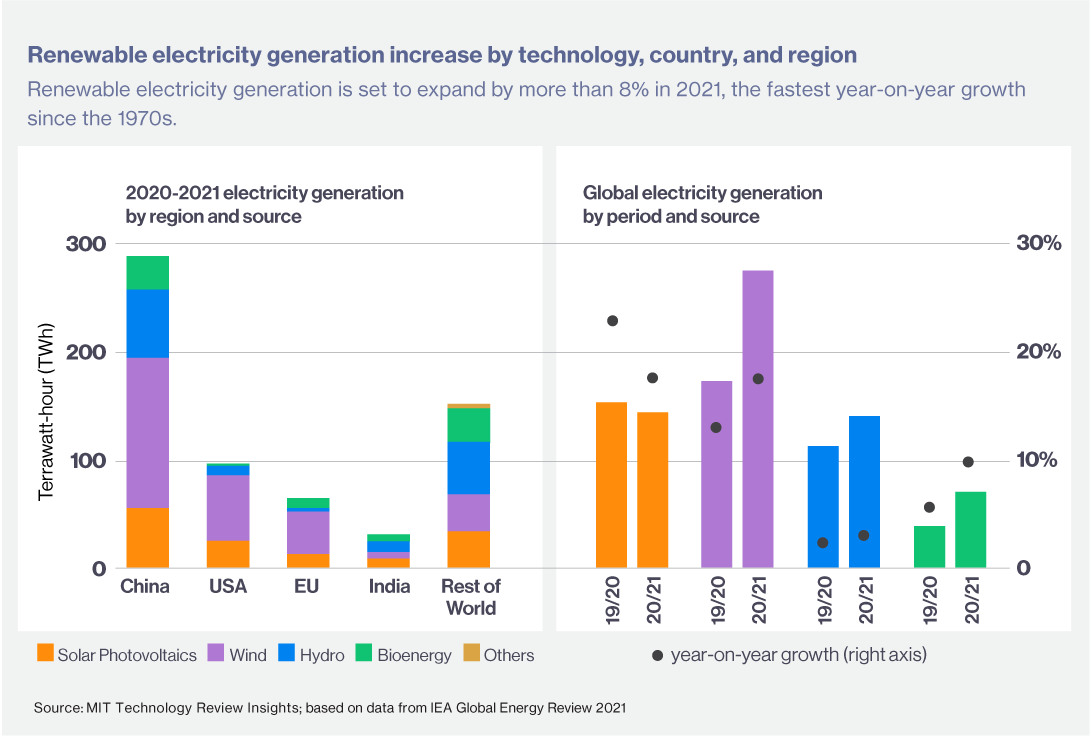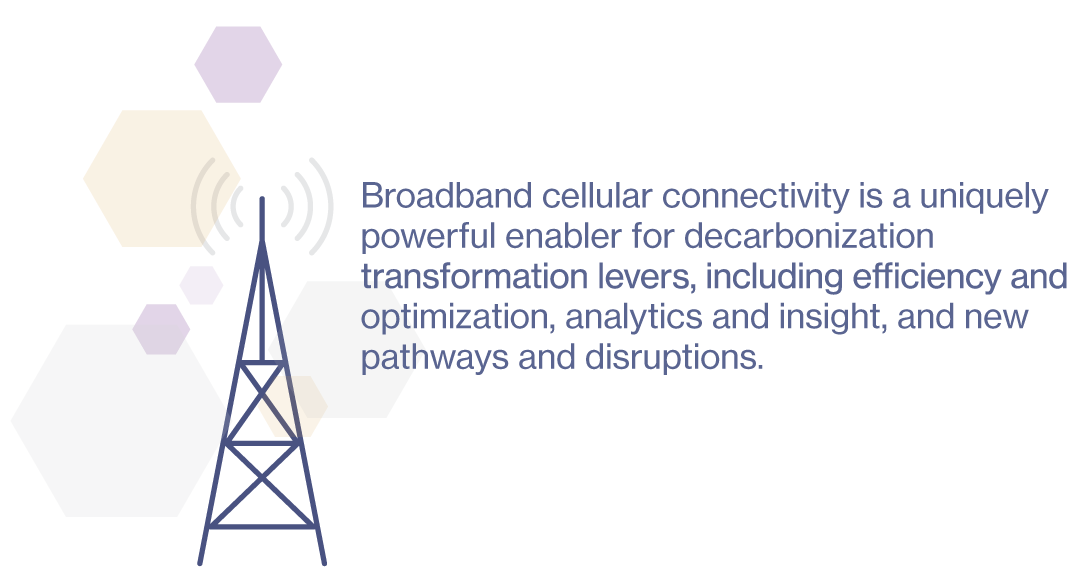
[ad_1]
The United Nations Intergovernmental Panel on Climate Change’s sixth climate change report—an aggregated assessment of scientific research prepared by some 300 scientists across 66 countries—has served as the loudest and clearest wake-up call to date on the global warming crisis. The panel unequivocally attributes the increase in the earth’s temperature—it has risen by 1.1 °C since the Industrial Revolution—to human activity. Without substantial and immediate reductions in carbon dioxide and other greenhouse gas emissions, temperatures will rise between 1.5 °C and 2 °C before the end of the century. That, the panel posits, will lead all of humanity to a “greater risk of passing through ‘tipping points,’ thresholds beyond which certain impacts can no longer be avoided even if temperatures are brought back down later on.”

Corporations and industries must therefore redouble their greenhouse gas emissions reduction and removal efforts with speed and precision—but to do this, they must also commit to deep operational and organizational transformation. Cellular infrastructure, particularly 5G, is one of the many digital tools and technology-enabled processes organizations have at their disposal to accelerate decarbonization efforts.
5G and other cellular technology can enable increasingly interconnected supply chains and networks, improve data sharing, optimize systems, and increase operational efficiency. These capabilities could soon contribute to an exponential acceleration of global efforts to reduce carbon emissions.
Industries such as energy, manufacturing, and transportation could have the biggest impact on decarbonization efforts through the use of 5G, as they are some of the biggest greenhouse-gas-emitting industries, and all rely on connectivity to link to one another through communications network infrastructure.

The higher performance and improved efficiency of 5G—which delivers higher multi-gigabit peak data speeds, ultra-low latency, increased reliability, and increased network capacity—could help businesses and public infrastructure providers focus on business transformation and reduction of harmful emissions. This requires effective digital management and monitoring of distributed operations with resilience and analytic insight. 5G will help factories, logistics networks, power companies, and others operate more efficiently, more consciously, and more purposely in line with their explicit sustainability objectives through better insight and more powerful network configurations.
This report, “Decarbonizing industries with connectivity & 5G,” argues that the capabilities enabled by broadband cellular connectivity primarily, though not exclusively, through 5G network infrastructure are a unique, powerful, and immediate enabler of carbon reduction efforts. They have the potential to create a transformational acceleration of decarbonization efforts, as increasingly interconnected supply chains, transportation, and energy networks share data to increase efficiency and productivity, hence optimizing systems for lower carbon emissions.
Download the full report.
[ad_2]
Source link